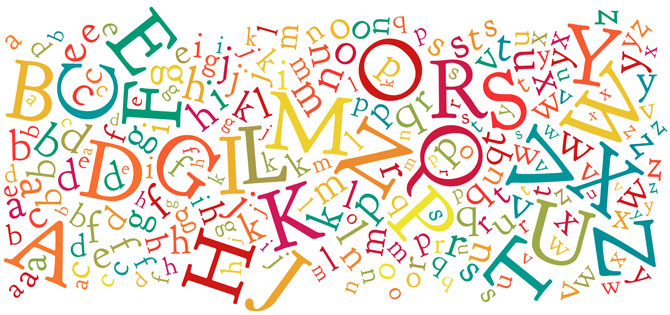Introduction to Languages
It’s well known that an additional language can help your career and what better way to learn another language, and study the culture of the country(s) that speak it, than by studying at university?
Read MoreApplying to Creative Writing Degree Courses in 2017
Studying for a degree in Creative Writing is a great way to discover and develop your voice as a writer.
Read MoreAmerican Studies Degree Courses
As an interdisciplinary field, American Studies offers a great opportunity to study every facet of American history, culture and society. It can draw from a wide range of disciplines and approaches, including Film and Media Studies, Literary Theory, Cultural Studies, History and Anthropology, to name but a few. As such, it's a perfect match for anyone with a deep and abiding interest in every aspect of American society, culture and the US way of life. American Studies has is foundations in many theoretical and cultural reading practices, so you will also need to have a strong interest in a variety of texts and the ability to remain intellectually flexible in the way that you approach them. Assessment will almost certainly include a high level of essay writing and coursework, so you need to be sure that independent research and writing are amongst your strengths.
Read MoreCareer Opportunities with a Language Degree
Language skills are in high demand, particularly in larger companies that operate internationally, so there are plenty of career opportunities with a Language degree. You could find yourself working in locations all over the world, immersing yourself in other cultures, and having a career in any number of sectors.
Read MoreCareer Opportunities with an English Literature Degree
Unlike a more vocational degree course an English Literature degree doesn’t prepare you for a specific career path. Students often find this incredibly appealing and look forward to gaining skills that will benefit them in any career they choose.
Read MoreEnglish Baccalaureate - The Definitive Guide
What is it and what does it mean for university applications? This definitive guide from Apply to Uni will tell you all you need to know…
Read MoreEnglish Literature Degree Courses
English Literature is the most obvious choice of subject for anyone who truly loves reading. Generally compromising an overview of literature produced in the English language, from medieval times to the present day, an English Literature degree can really help you to gain a greater understanding of the books you love. Based around applying a variety of theoretical frameworks to a wide range of texts, English Literature degrees require a commitment to both reading and writing, assessed, as they are, through long and short form essays and written examinations. Most applicants will have a strong background in this subject from school, and you will most likely already have a good idea whether this subject fits your interests and skills.
Read MoreEnglish Studies Degree Courses
The distinction between an English Studies and an English Literature degree can vary from university to university. English Studies, in most cases, refers to the study of the English Language itself, covering its origin and development as well as its grammar, syntax, semantics, phonetics and sociolinguistic characteristics. This type of English Studies course would suit applicants with a flair for languages and a scientific approach to their study and use. Alternatively, English Studies can sometimes refer to a broader text-based degree, similar to English Literature but making pains to place the texts studied in their historical and social context. Be sure to check the content of individual courses before applying to make sure that you pick the distinctive degree that matches your interests.
Read MoreChoosing to undertake a degree in a language, or multiple languages, can open many doors in later life. The importance of international communication in an increasingly global context means that, whether you choose to go into international business or simply fancy the idea of being able to get by in another country, gaining fluency in another language can really benefit you in the long run. Most language degrees will be based around a combination of technical exercises and assessments combined with study of the history, culture and literature of the people who speak that language, so an enthusiasm for reading and writing are essential. Almost all language degrees will also involve a year of living abroad, which can add to the final length of the degree. Be sure to consider whether you wish to undertake this before applying.
Read MoreLinguistics is the scientific study of language. It brings together a range of disciplines, including philosophy, sociology, history and biological sciences to try and unravel the mysteries of the way in which humans communicate. Combining the study of semantics, grammar, phonetics and the cultural and social development and implications of language, Linguistics suits any student who is fascinated by the way in which language shapes the human experience. A fascinating but varied subject, be sure to check the emphasis of individual courses before applying. Studying neurolinguitics requires a whole different set of interests, and previous experience in biological sciences, from sociolinguitics, even though the two are intimately connected. Expect to leave a Linguistics degree with a strong grounding in both areas, but make sure you pick a course that will emphasise those aspects that most interest you.
Read More- 1
- 2





